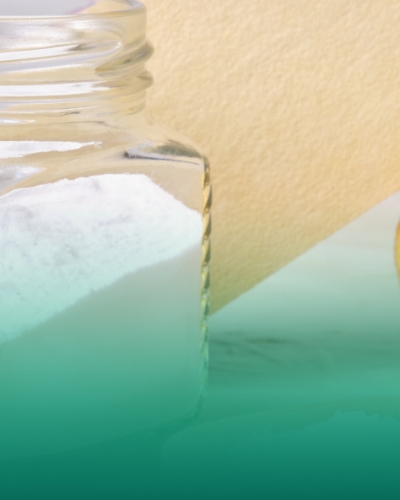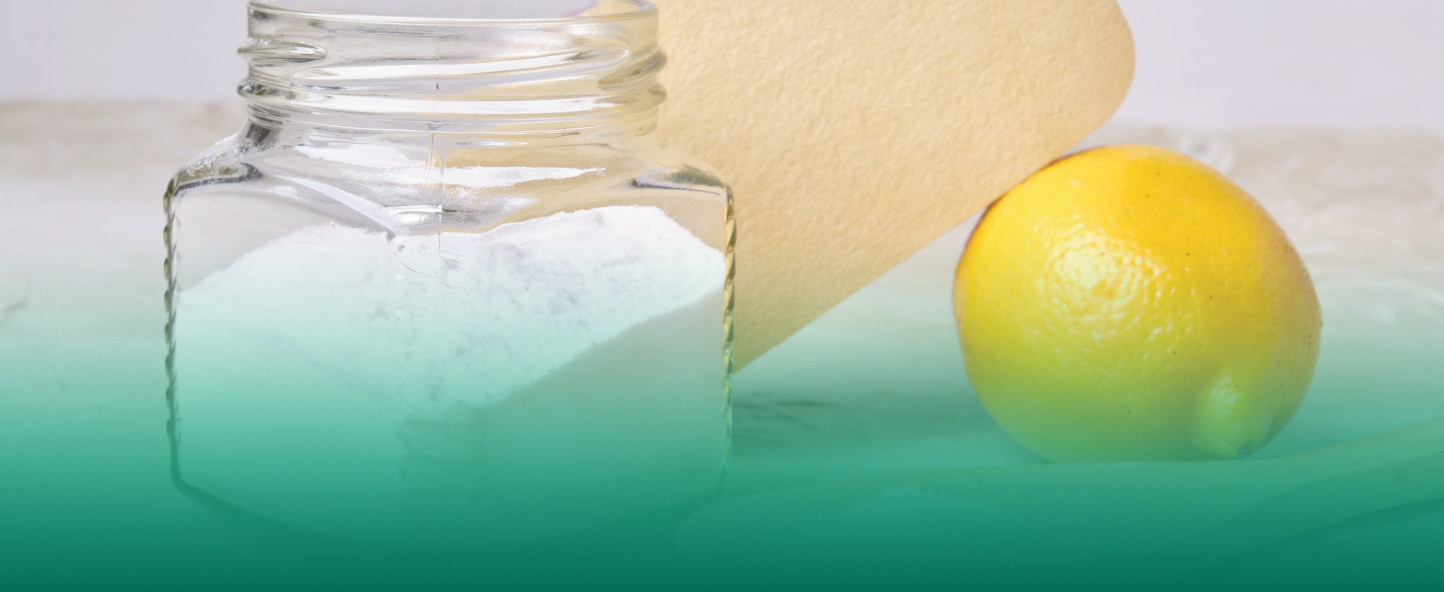In modern society, soda, or sodium hydrogencarbonate (NaHCO₃) is often attributed supernatural properties, but are they justified? Let’s clear up a few common myths about soda.
Myth: Soda increases physical endurance
Research from the International Society of Sports Nutrition has shown that drinking soda can actually slightly improve athletic performance during intense exercise. However, this does not mean that every athlete should wash down their workouts with soda. The effects of sodium bicarbonate on endurance performance are due in part to the placebo effect. Given the possible side effects of long-term use of baking soda, it is not a universal and safe means of improving athletic performance.
Myth: Baking soda cures cancer
The idea that baking soda may be effective against cancer has no scientific support. In a number of studies, the use of sodium bicarbonate in animal experiments did not provide any evidence of its usefulness in the treatment of cancer in humans. Moreover, drinking soda in large quantities can be dangerous and even worsen the results of cancer treatment and the patient’s condition. And refusal of classical oncology treatment can be fatal.
Myth: Sodium hydrogencarbonate is the best cure for heartburn
While baking soda can indeed neutralize acid and provide temporary relief from heartburn, long-term use can lead to serious side effects. Instead of being an effective treatment, baking soda may worsen symptoms when stopped because it stimulates increased production of hydrochloric acid in the stomach. In general, drinking soda for heartburn should only be used as an emergency aid, but in the long term it does not have a therapeutic effect.
Myth: You need to rinse your throat and mouth with baking soda and salt
Using baking soda as a mouth rinse may be more mythical than actually beneficial. Despite some results indicating a decrease in salivary acidity following baking soda rinses, clinical evidence of effects on oral health is not yet conclusive.
Myth: Baking soda whitens teeth
Although baking soda can be included in toothpastes, using it alone in large quantities for whitening can damage the enamel. Selecting a toothpaste with a low RDA value of up to 100 should be considered a priority to prevent potential enamel damage and maintain dental health. An RDA above 100 makes sense when there is pigmentation on the teeth due to coffee or smoking and you need to get rid of it.
Bottom line, while baking soda may have some beneficial properties in certain situations, it is important to evaluate sources of information and consult with your doctor before introducing baking soda into your diet as an all-purpose remedy.






